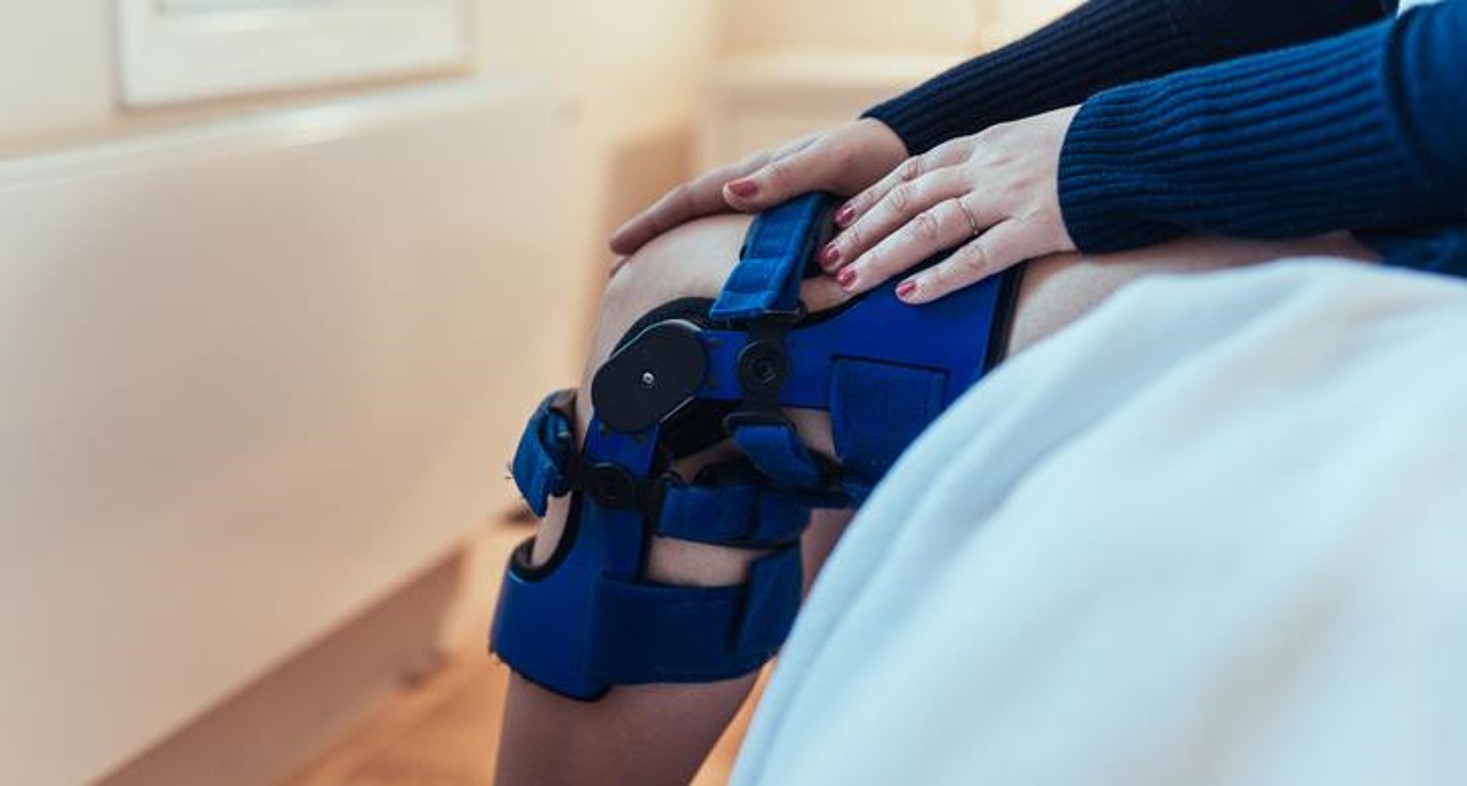Ambient clinical intelligence has the potential to transform care delivery for providers and their patients. It can also have a big impact on healthcare organizations’ efficiency, costs, and profitability, as we heard from Dr. Mihir Patel, an orthopedic specialist at OrthoIndy.
A combination of rising inflation, labor shortages, and global economic and supply chain disruption is putting enormous pressure on healthcare organizations’ financial performance. Many are barely turning a profit, and some are experiencing significant losses.
To overcome these challenges, healthcare organizations need advanced, AI-powered technologies that enable clinicians to work more efficiently and productively while reducing burnout. But they can’t just throw money at the problem and hope it will disappear. Organizations need to see a rapid, tangible return on their technology investments, which is why many are turning to ambient clinical intelligence solutions like the Nuance Dragon Ambient eXperience (DAX).
One organization achieving remarkable results with DAX is OrthoIndy, a physician-owned orthopedic care group providing bone, joint, spine, and muscle care from 12 locations in central Indiana. We spoke to Dr. Mihir Patel, an orthopedic specialist and Treasurer at OrthoIndy, to learn about the impact DAX has had on him and his colleagues—and the value the solution is delivering for the organization.
Eliminating the documentation burden
DAX uses ambient clinical intelligence to automatically document patient encounters accurately and efficiently at the point of care, enabling Dr. Patel to focus on connecting with his patients rather than completing documentation.
“DAX eliminates 100% of the back-office stuff that was put on our shoulders,” he said. “Before DAX, you’d either see patients and document in the evening, or you’d see fewer patients and document along the way—but then you’d be typing and clicking instead of paying attention to what you should be doing.”
Using ambient clinical intelligence through an app on his smartphone has made a huge difference to Dr. Patel’s working day and his work-life balance. “DAX saves me two to three hours a night that I used to spend documenting after dinner,” he said. “I have busy clinics, but when I leave the office, all my notes and orders are finished, and everything’s done for the day. If it weren’t for DAX, I would have left the profession—it’s kept me practicing.”
Efficiency gains and cost savings
Dr. Patel told us that he now sees 40-50 patients a day, compared to 30-40 a day before DAX. And with 50 DAX users at OrthoIndy, the combination of increased efficiency and reduced burnout is having a major impact.
“If you’re using DAX, you’re unbelievably productive,” said Dr. Patel. “When we started using DAX, we could see who was on it and who wasn’t, because people on DAX were seeing a lot more people.”
“DAX is like drafting a Superbowl-winning team with one pick,” Dr. Patel added. “It’s reliable and robust, I can use it anywhere, and it gives me the flexibility to add on new patients during the day without any problems—I don’t have to worry about the extra documentation for add-ons.”
Dr. Patel estimated that OrthoIndy’s DAX users have reduced their documentation by around 60%, depending on patient volume and the individual provider. He also estimated that the efficiency savings could add up to tens of thousands of dollars per year, per provider. Those savings are a powerful demonstration of the ROI of DAX, and Dr. Patel told us that OrthoIndy achieved ROI in just a few months. DAX is also creating business value for the organization in other ways.
Long-term ROI from DAX
Clinicians are much happier now that they’re using DAX, which means OrthoIndy will likely retain them for longer and benefit from their experience and expertise. “DAX means I continue to work—and what’s the value of ten more years of my career?” Dr. Patel said.
The solution is helping Dr. Patel and his colleagues work together more efficiently at OrthoIndy’s 12 locations. “If I’m supervising my PA and I have to be at the hospital while he’s in clinic, I can see who he’s seeing and what he’s vocalizing based on the note DAX prepares. That means we can work in parallel rather than working in series, which increases efficiency.”
While the ROI that OrthoIndy has already achieved with DAX is impressive, ultimately, the solution empowers clinicians to deliver better care—and recapture the joy of practicing medicine. “DAX has worked wonderfully well for us, improving patient care and helping us have truly enjoyable conversations with patients to help them get better,” Dr. Patel said. “Now, the 15-30 minutes that patients spend with us is 100% focused on them and figuring out their problem, not on documenting things. Everybody should have this. As a provider, you want this. In fact, if providers were to unionize, DAX would be one of the first things they’d demand.”







